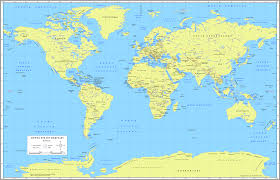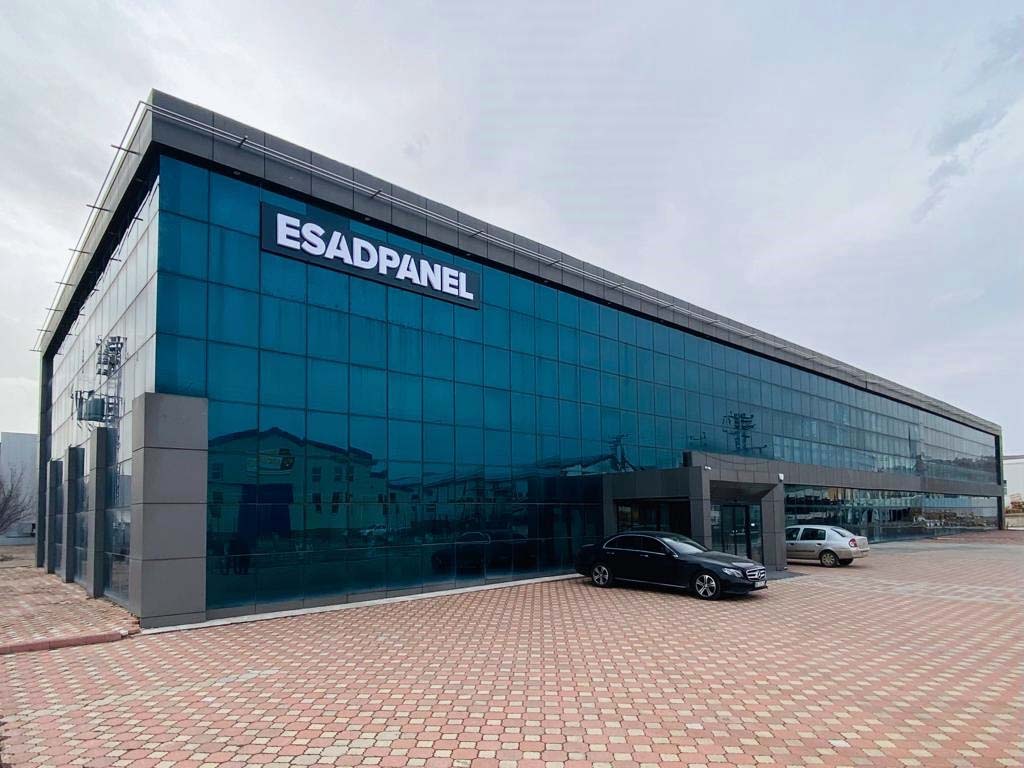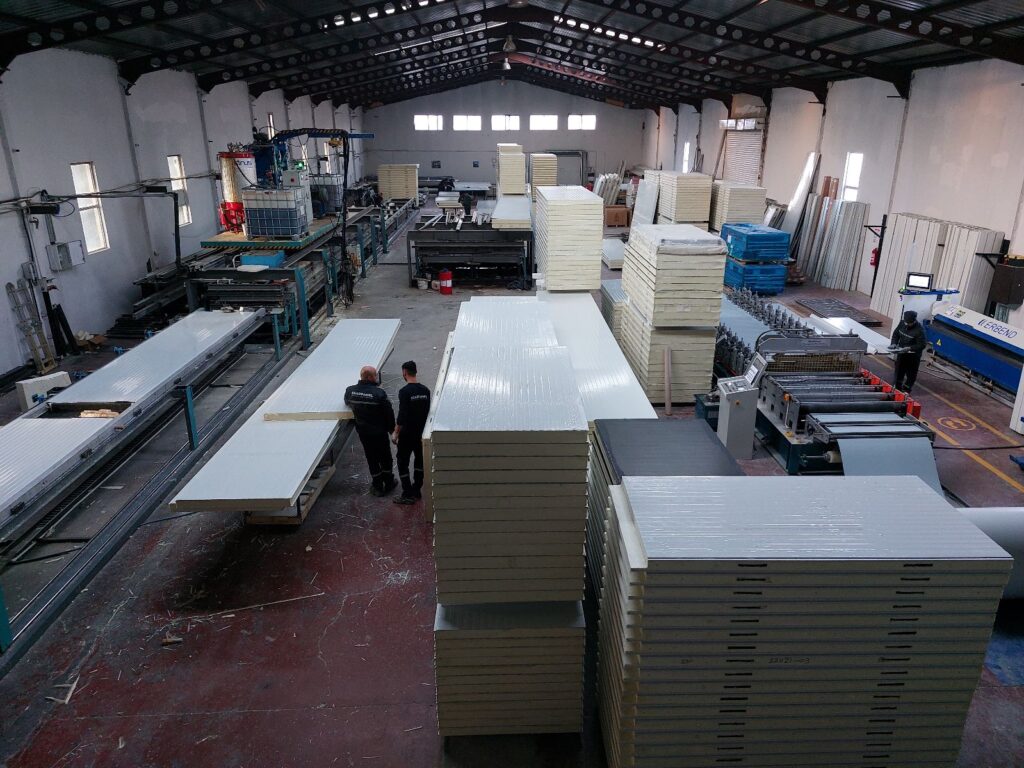The Unexpected Costs of Importing: Understanding the Import Process

Unexpected Costs
in the Import ProcessInternational trade offers great opportunities but also brings unexpected costs. When importing specialized products like cold room panels, importers may face various additional expenses. In this article, you'll discover how to prepare for and manage these surprise costs effectively.
The Unexpected Costs of Importing: Understanding the Import Process
International trade, particularly importing cold room panels, doors, and other refrigeration products, offers great opportunities. However, importers may face unexpected costs along the way. In this article, we will explore the unexpected costs in the import process and provide strategies to help you manage them effectively.
1. Customs Duties and Import Fees
Each country has different import policies. Customs duties and import fees can vary depending on the type of product and its country of origin. Some products may require additional duties during customs clearance.
- Unexpected Cost: Some products, especially those related to food, medicine, or energy efficiency, may face high customs duties.
- Solution: Learn your product’s customs classification in advance and familiarize yourself with the customs regulations of the country you’re importing from. This way, you can avoid unexpected additional costs.
2. Freight and Shipping Costs
Freight charges can fluctuate depending on distance, ship capacity, and demand. Additional shipping costs can be a big surprise during the process.
- Unexpected Cost: Shipping costs can increase, especially during peak demand periods, and additional charges may apply for port handling operations (e.g., handling fees).
- Solution: Be aware that shipping rates are not fixed and can change over time. Consider potential variations in shipping costs before making agreements, especially regarding container availability and freight charges.
3. Insurance and Risk Management Costs
International transportation always involves certain risks. Issues such as lost goods, damage, or theft are typically covered by insurance policies. However, insurance costs can sometimes be high, and overlooked damages may lead to extra expenses.
- Unexpected Cost: Freight insurance is often not included in the shipping price, and importers may overlook this cost. Furthermore, the insurance policy may have limited coverage, not covering all risks.
- Solution: Carefully review the terms of both freight and product insurance. Understanding the scope of your insurance policy helps protect you from potential losses.
4. Storage and Return Costs
Once goods pass through customs, they may need to stay in the port for a while. If your products remain in storage for too long, extra charges may apply.
- Unexpected Cost: If your products remain at the port for extended periods, you may incur demurrage charges and storage fees.
- Solution: Organize shipping and storage processes efficiently to ensure timely delivery of goods. Speed up customs procedures to avoid excessive storage charges.
5. Customs and Consulting Fees
The complexity of customs processes may require professional consultation. The costs of these services can sometimes be overlooked.
- Unexpected Cost: Customs consultants or advisory services may be necessary, especially for complex import processes. These services can strain the importer’s budget.
- Solution: Consider hiring professional help to ensure fast and smooth customs clearance. This can prevent unexpected costs due to tax errors or missing






